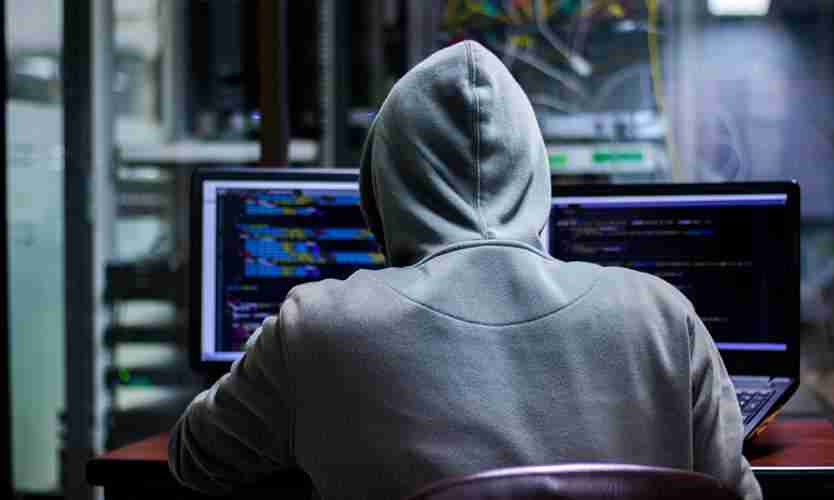KEEP IN TOUCH
Subscribe to our mailing list to get free tips on Data Protection and Cybersecurity updates weekly!







The intrusion into privacy into the personal life of another, without just cause, which can give the person whose privacy has been invaded a right to bring a lawsuit for damages against the person or entity that intruded. However, public personages are not protected in most situations, since they have placed themselves already within the public eye, and their activities (even personal and sometimes intimate) are considered newsworthy, i.e. of legitimate public interest. However, an otherwise non-public individual has a right to privacy from:
a) intrusion on one’s solitude or into one’s private affairs;
b) public disclosure of embarrassing private information;
c) publicity which puts him/her in a false light to the public;
d) appropriation of one’s name or picture for personal or commercial advantage.
Intrusion into privacy is the unjustifiable intrusion into the personal life of another without consent. However, intrusion into privacy is not a tort on its own; rather it generally consists of four distinct causes of action. States vary on both whether they recognize these causes of action as well as what elements are necessary to prove them, so you should be sure to check your state’s laws or consult with a lawyer before bringing legal action.
The four most common types of intrusion into privacy torts are as follows:
Below, you’ll find explanations and examples of each of these causes of action.
Appropriation of name or likeness laws protect your right to control the use of your own identity for a business or economic purpose. Typically, these claims involve the unauthorized use of a person’s picture or name. While state laws vary, the elements necessary to prove appropriation are generally as follows:
Also read: 9 Policies For Security Procedures Examples
Intrusion upon seclusion laws protect your right to privacy while you are in solitude or seclusion. This right extends to you or your private affairs. For example, it’s an intrusion into privacy for a neighbor to peek through your windows or take pictures of you in your home. Likewise, it’s also an intrusion into privacy to use electronic equipment to eavesdrop on a private conversation. The general elements of this tort are as follows:
The defendant does not need to communicate the details of the intrusion to a third party; once the defendant has committed the intruding act (and the plaintiff proves the necessary elements), the defendant is liable for intrusion into privacy.

False light laws protect your right to not have potentially misleading or damaging information about yourself publicly disclosed. This includes the disclosure of information that may be true but is nonetheless misleading or damaging. For example, it may be an intrusion into privacy if a caption published with a photograph in a news article about a protest describes a person as a participant, when in fact, the person was only observing the protest. Generally, the elements of false light are as follows:
Many states also require the plaintiff to prove that the defendant acted with actual malice, so be sure to check your state’s laws or consult with a lawyer if you believe you may have a claim.
Public disclosure of private facts laws protect your right to keep the details of your private life from becoming public information. For example, publicizing facts about a person’s health, sexual conduct, or financial troubles is likely an intrusion into privacy. While state laws vary, the general elements of this tort are as follows:
To publicize a private matter, laws generally require that private information is disseminated in such a way that it is substantially certain to become public knowledge.

It probably seemed like a great idea when a well-regarded suburban school district decided to loan its students laptop computers for the entire school year, even permitting the students to take the laptops home. The students, however, were unaware that the laptops were armed with internal anti-theft protection that allowed school district personnel to activate the laptops’ webcams anytime without the consent or knowledge of the user. The school district used this anti-theft function to take thousands of pictures of its students studying, speaking to family members, and even sleeping.
The so-called “Webcamgate” scandal resulted in a Pennsylvania school district paying a six-figure sum to settle the intrusion into privacy lawsuit against it. While Webcamgate would have seemed far-fetched in the 1980s and 1990s, today and in the future, we can expect technology to continue to challenge our right to privacy, making understanding this right essential.
If you believe you have suffered an intrusion into privacy, it’s important to seek out the help of a qualified lawyer. Filing a legal claim protects your rights and can compensate you for the emotional and mental distress the invasion caused as well as for any financial or reputational harm you suffered as a result. Speak with a defamation attorney to learn more.
Also read: 7 Client Data Protection Tips to Keep Customers Safe
Privacy Ninja provides GUARANTEED quality and results for the following services:
DPO-As-A-Service (Outsourced DPO Subscription)
PDPA Compliance Training
PDPA Compliance Audit
Digital Transformation Consultancy
Data Protection Trustmarks Certification Readiness Consultancy
PDPA Data Protection Software
Vulnerability Assessment & Penetration Testing (VAPT)
Smart Contract Audit